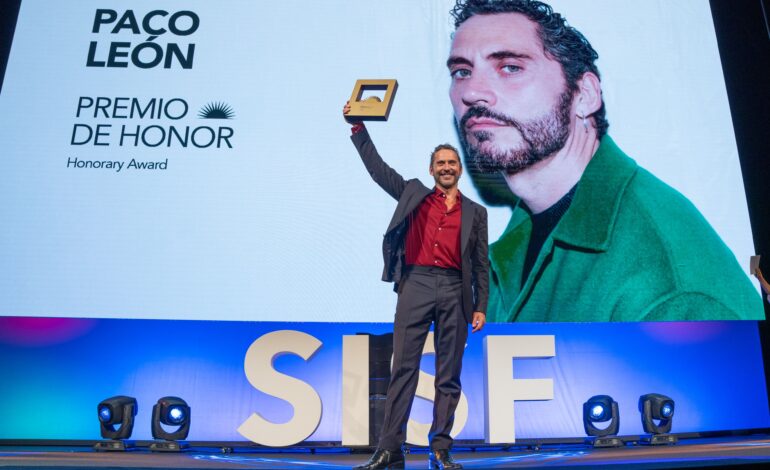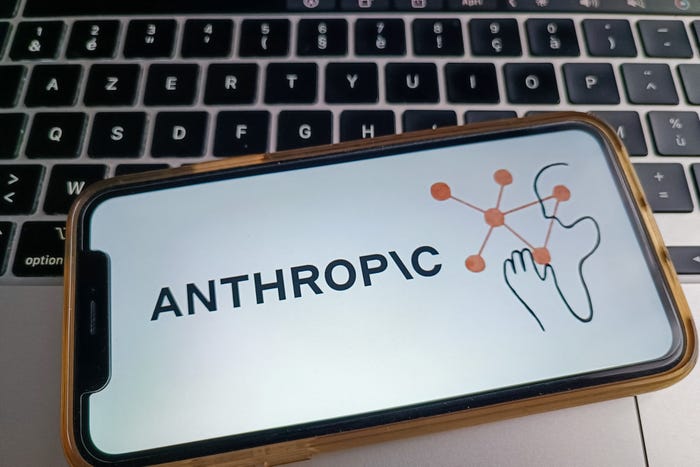Cádiz Festival Showcases Future Trends in Global Television

The South International Series Festival in Cádiz, Spain, recently showcased the evolving landscape of television, attracting nearly 13,000 participants. The festival served as a platform for significant trends, including a focus on global outreach, identity-driven storytelling, and emerging production partnerships. As the industry adapts to new demands and opportunities, the festival highlighted seven key takeaways that signal where the television business is headed.
Internationalization as a Priority
Festival director Carles Montiel emphasized internationalization as the event’s next “obsession.” With its growing attendance, South is establishing itself as a significant player on the festival circuit. Montiel envisions Cádiz evolving into a central hub for global series, enhancing its international profile. Previous editions attracted notable figures such as David Shore, creator of “House,” and this year featured actress Diane Kruger and “Narcos” creator Chris Brancato, illustrating South’s ascent on the world stage.
Identity-Driven Storytelling Takes Center Stage
The British series “What It Feels Like for a Girl” emerged as a focal point in Cádiz, reflecting how themes of gender and identity are reshaping scripted drama. Created by Paris Lees, the series combines young adult themes with genre elements and social realism, resonating with both jurors and audiences. This demonstrates that personal narratives, when framed through diverse genres, can achieve global resonance. The festival confirmed that identity-driven storytelling is becoming a crucial component of international television.
The successful screening of the Disney+ original “Invisible,” produced by Áralan Films and Morena Films, further illustrated this trend. Since its December release, the series has ranked as a top performer on the platform, showcasing the effectiveness of partnerships between local producers and global streaming services. This collaboration has fostered a sustainable economic model for Spanish drama, paving the way for future joint projects.
New Awards Recognizing Spanish Series
A significant development at the festival was the announcement of the Premios Anillos de Oro, organized by the newly formed Círculo de Profesionales de las Series Españolas (CPSE) and backed by the Womack Group. Marketed as the first awards dedicated exclusively to Spanish series, these accolades aim to establish a national benchmark with international visibility. Joan Álvarez, director of the festival’s inaugural editions and former head of Spain’s Film Academy, stated, “These awards are born to bring prestige to all Spanish series.” If successful, this initiative could elevate the recognition of Spanish series on par with its film industry.
Increased Production Investment in Andalusia
The regional government of Andalusia has significantly boosted its audiovisual funding, tripling the budget from €2 million to €6 million since the spring. This financial support enhances the attractiveness of the region’s film and television industry for potential collaborations. The revival of Canal Sur Televisión in drama production, particularly with the development of “The Rock,” a historical thriller set during the Franco era, underscores the commitment to local storytelling that resonates both regionally and internationally.
Industry Insights Shape Future Directions
South’s professional program addressed the evolving forces within the audiovisual sector. Executives from major networks like Mediaset España, 3Cat, and Atresmedia discussed shifting consumer preferences and the quest for sustainable business models. Legal experts explored the complexities of adapting real-life events for television, while writer-director Borja Cobeaga analyzed the balance between satire and tenderness in comedy.
During the “Growing Value of Series” panel, creators such as Jorge Coira and Marina Efrón highlighted the increasing significance of showrunners and the universal appeal of local storytelling, which are both redefining what constitutes prestige television today.
Cultural Celebrations and Audience Engagement
The festival also paid tribute to local icon Paco León, a beloved actor, director, and producer in Spain. His recognition, coupled with the screening of a classic episode of “Aída,” drew enthusiastic responses from attendees. This moment illustrated how South successfully merges prestige with widespread appeal, strengthening its connection with local audiences.
The South International Series Festival has clearly positioned itself as a pivotal event for the television industry, offering insights and fostering connections that will shape the future of global storytelling. As the festival continues to grow, it remains to be seen how these trends will influence the international landscape of television production and consumption.





